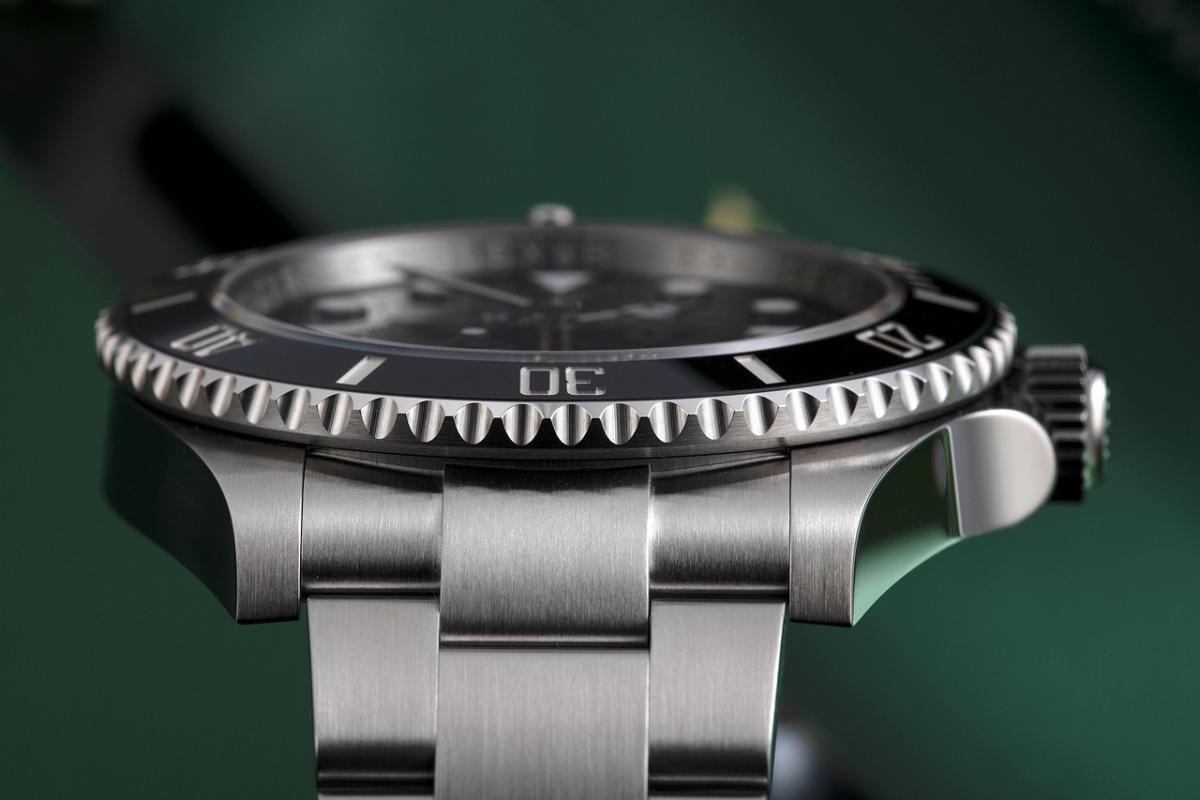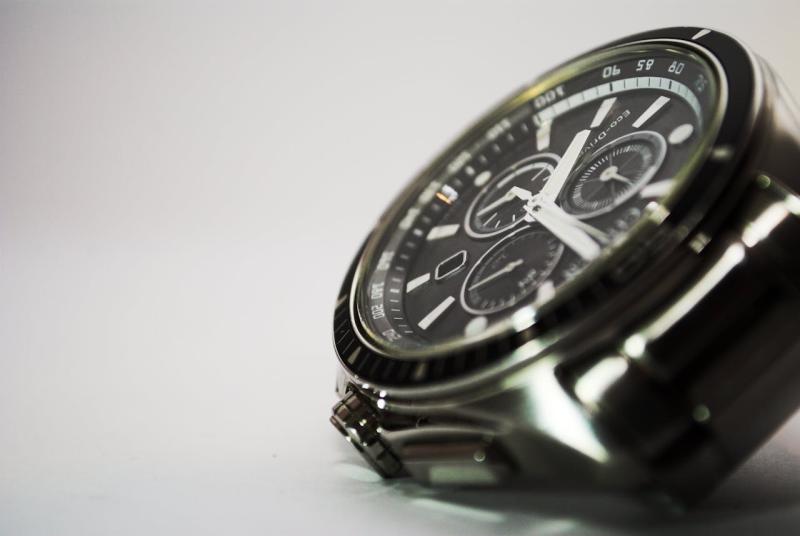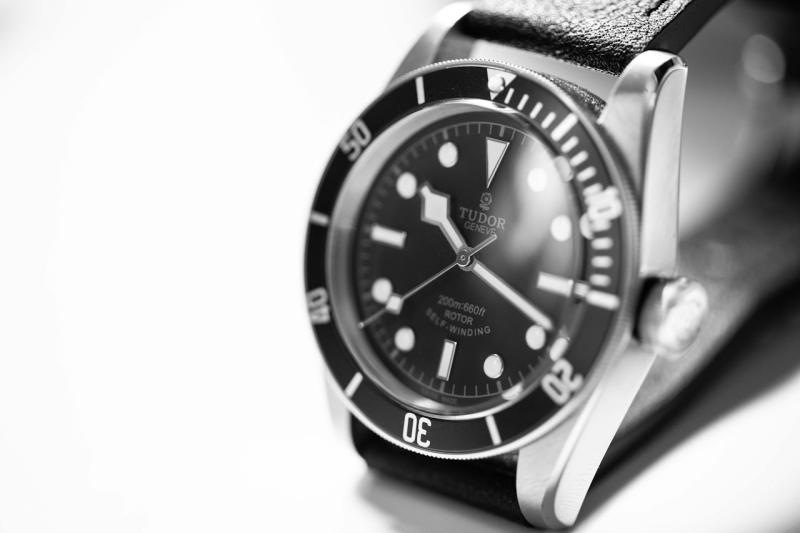In an age defined by digital convenience and mass production, handmade watches stand as elegant outliers — timeless expressions of human craftsmanship, precision, and artistry. These intricate timepieces are more than just instruments for telling time; they are wearable works of art, rich with heritage and imbued with soul.
A Celebration of Craftsmanship
At the heart of every handmade watch lies an extraordinary commitment to detail. Unlike factory-made timepieces, where automation rules the process, handmade watches are the result of countless hours of meticulous labor by skilled artisans. Each component — from the tiniest gear in the movement to the polish on the case — is carefully crafted, assembled, and finished by hand.
Master watchmakers often spend months, sometimes even years, developing a single piece. The process demands not only technical precision but also artistic intuition. The engraving of a dial, the design of the hands, or the decoration of the movement bridges engineering and fine art. In a world where so much is disposable, the dedication behind a handmade watch is a reminder of the value of patience and mastery.
The Soul in the Seconds
A handmade watch carries with it a unique character — a "soul" that sets it apart from its mass-produced counterparts. Every tick echoes the personality and passion of the artisan who made it. The imperfections, often imperceptible to the untrained eye, are what make these pieces human. Like brushstrokes on a canvas or the grain of hand-carved wood, these subtle marks tell a story — one of intent, care, and tradition.
Many collectors speak of an emotional connection to their handmade watches. They don’t just wear them; they bond with them. The tactile pleasure of winding a mechanical watch, the hypnotic sweep of the seconds hand, the warm glow of a hand-polished case — these sensations create a quiet joy, a meditative moment in the rush of everyday life.
A Link to History
Handmade watches also serve as a bridge to the past. Horology is one of the oldest mechanical crafts, with roots stretching back centuries. Many techniques used today were developed in the 18th and 19th centuries, passed down through generations of watchmakers. When you wear a handmade watch, you're participating in a living history — a lineage of innovation, tradition, and culture.
Independent ateliers and heritage brands alike take pride in preserving these traditional methods. Whether it’s a Swiss tourbillon crafted in the Jura Mountains or a Japanese hand-assembled movement from a small Tokyo workshop, each piece honors the legacy of those who came before.
Timeless Value in a Temporary World
While smartphones and smartwatches dominate the modern wrist, their allure often fades with the next software update. Handmade mechanical watches, however, are built to last — not just for years, but for generations. They are often passed down as heirlooms, gathering stories and sentiment along the way. Their value appreciates not just in market terms, but in meaning.
This enduring appeal is why watch enthusiasts — from seasoned collectors to curious newcomers — are drawn to the handmade. It’s not merely about telling time; it’s about appreciating it. It’s about choosing to live deliberately, to embrace craftsmanship in a fast-paced world that so often celebrates shortcuts.
Conclusion: More Than Timekeeping
In the end, the beauty and joy of handmade watches lie not just in their intricate mechanisms or elegant designs, but in what they represent: dedication, artistry, and the human touch. They invite us to slow down, to savor the details, and to find meaning in the quiet tick of a finely made machine.
Whether you’re a lifelong horology enthusiast or simply someone who appreciates beauty born of skill, a handmade watch offers something rare — a piece of time itself, captured and carried with grace.



